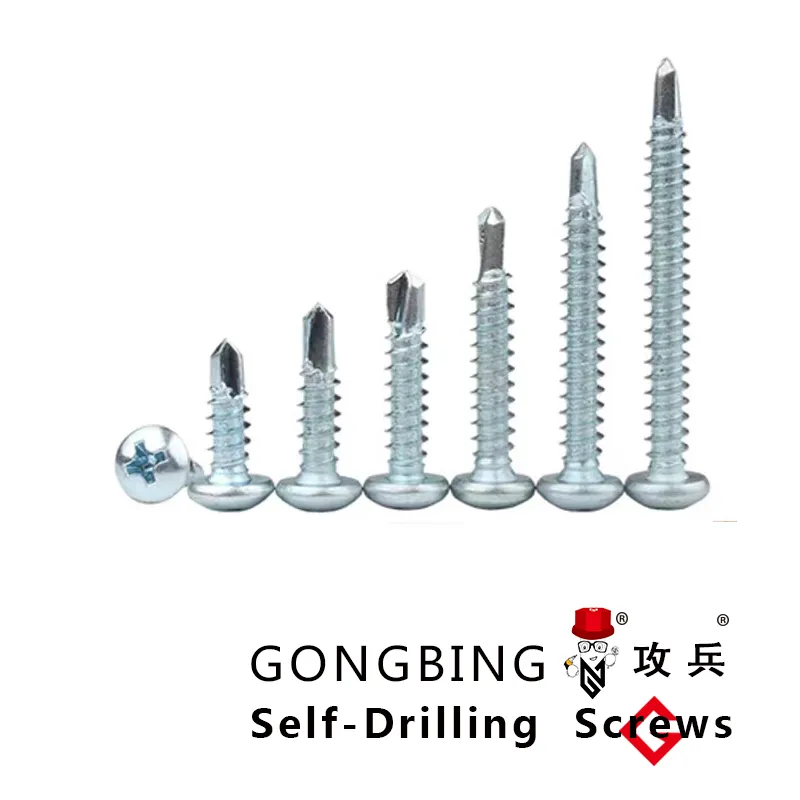Understanding the Benefits and Applications of Polyester Chemical Anchors in Construction
Understanding Polyester Chemical Anchors Applications, Benefits, and Considerations
In the realm of construction and engineering, the choice of anchors plays a pivotal role in ensuring the structural integrity of various projects. Among the various types of anchors available, polyester chemical anchors have gained significant popularity due to their unique properties and versatile applications. This article delves into the composition, benefits, and applications of polyester chemical anchors, as well as considerations for their use.
What is a Polyester Chemical Anchor?
Polyester chemical anchors are a type of adhesive anchor that utilizes a polyester resin as the bonding agent. These anchors are designed to provide a strong, durable, and reliable connection between embedded bolts, rebar, or other fasteners and the base material, which can include concrete, masonry, or brick. The chemical reaction that occurs when the polyester resin is mixed with a hardener allows the material to cure and bond effectively, creating a solid anchor point.
Benefits of Polyester Chemical Anchors
1. Strength and Durability One of the primary advantages of polyester chemical anchors is their exceptional strength. They can withstand significant loads, making them suitable for both lightweight and heavy applications. Additionally, the durability of the polyester resin ensures that the anchors remain effective over time, even in challenging environmental conditions.
2. Versatility Polyester chemical anchors can be used in a variety of applications, ranging from securing structural components in construction to anchoring shelves and cabinets in home improvement projects. Their adaptability to different substrates, including concrete and masonry, further enhances their usability.
3. Corrosion Resistance Polyester resins offer excellent resistance to corrosive environments, which is crucial in areas exposed to moisture or chemicals. This characteristic makes polyester chemical anchors particularly suitable for outdoor applications or in industrial settings where exposure to harsh substances is common.
4. Ease of Installation Polyester chemical anchors are relatively easy to install. They typically involve drilling a hole, cleaning the hole, and injecting the resin into the hole before inserting the anchor. This straightforward installation process saves time and labor costs, making them an efficient choice for contractors.
5. Non-Brittle Unlike some other adhesive anchors, polyester resins are not brittle. This flexibility allows them to absorb dynamic loads better, reducing the risk of failure due to vibrations or shifts in the structure.
Applications of Polyester Chemical Anchors
Polyester chemical anchors are employed in various industries and applications, including
polyester chemical anchor

- Construction They are widely used in building frameworks, attaching structural elements like beams and columns to concrete. They provide reliable strength and stability, crucial in load-bearing applications.
- Infrastructure In bridge construction, polyester chemical anchors secure components such as guardrails and lighting fixtures, ensuring their stability and safety.
- Industrial Settings These anchors are essential in factories and warehouses for securing heavy machinery, storage racks, and equipment to the concrete floor, preventing shifts during operation.
- Residential Projects Home improvement enthusiasts utilize polyester chemical anchors for mounting shelves, heavy artwork, and cabinetry, giving them peace of mind that their installations will remain secure.
Considerations for Use
While polyester chemical anchors offer many advantages, it is essential to consider a few factors before their application
1. Temperature Sensitivity Polyesters can have limitations in high-temperature environments. It’s crucial to consult the manufacturer's specifications to ensure they are suitable for the intended application.
2. Curing Time While installation is straightforward, the curing time for polyester chemical anchors needs to be observed carefully. Depending on conditions, it may take several hours to cure fully before any load can be applied.
3. Proper Installation Ensuring that the installation is done correctly is vital for maximizing the anchor's performance. This includes proper hole drilling, cleaning, and ensuring that the correct type of anchor is used for the specific substrate and load.
Conclusion
In summary, polyester chemical anchors represent a robust and versatile solution for a wide range of anchoring needs in construction and other industries. Their strength, durability, and corrosion resistance make them an ideal choice for both professional contractors and DIY enthusiasts. By understanding their benefits and application considerations, users can ensure that they select the right anchors for their specific projects, promoting safety and stability in their constructions.
-
Weatherproof Plastic Expansion Anchors for OutdoorAkụkọJun.06,2025
-
Sustainability in the Supply Chain: Eco-Friendly TEK Screws ProductionAkụkọJun.06,2025
-
Load-Bearing Capacity of External Insulation FixingsAkụkọJun.06,2025
-
Double Head Bolts: Enhancing Efficiency in Industrial MachineryAkụkọJun.06,2025
-
Corrosion Resistance in Chipboard Screws: Coatings for Wholesale DurabilityAkụkọJun.06,2025
-
Butterfly Toggle Bolts : Enhancing Structural ResilienceAkụkọJun.06,2025
